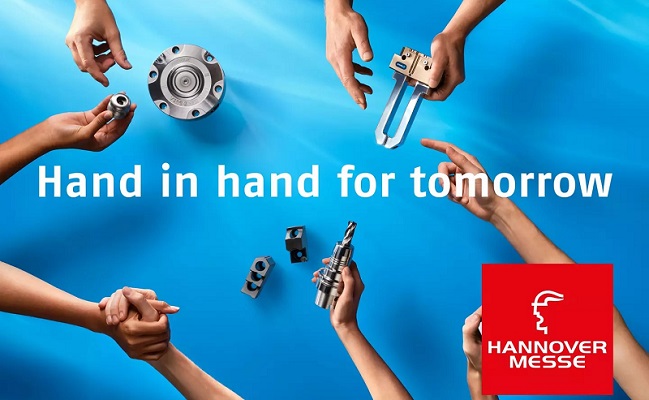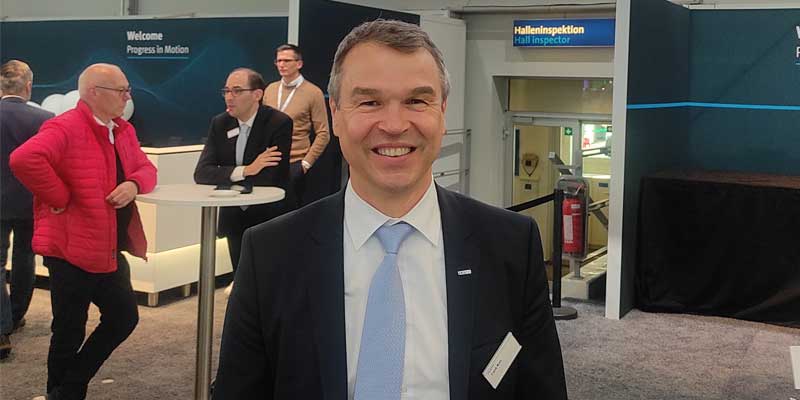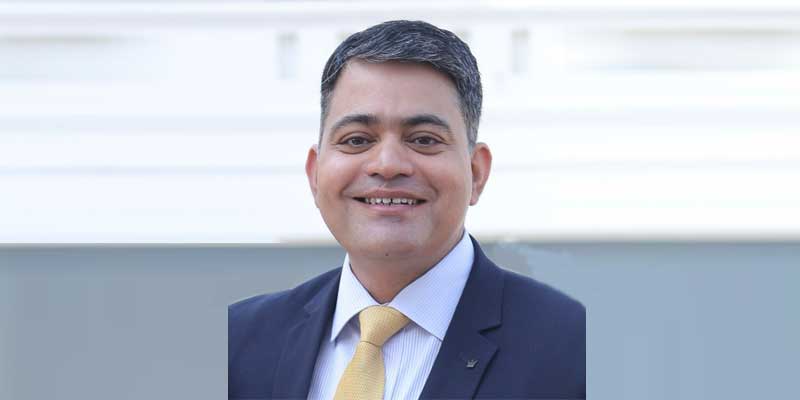Schedule a Call Back
Indian electrical & electronics industry to register robust growth
 Interviews
Interviews- May 01,18

Related Stories
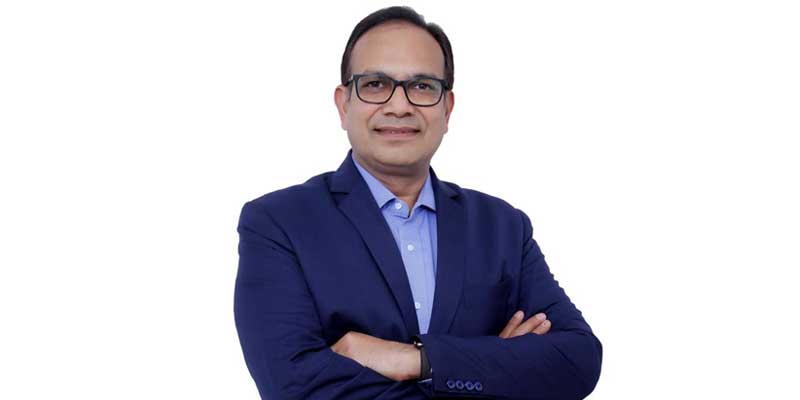
Socomec aims to recover 80% of industrial waste by 2030
In this interview with Rakesh Rao, Meenu Singhal, Regional MD, Socomec Innovative Power Solutions, elaborates on the changes taking place in the manufacturing sector as companies aim to reduce their..
Read more
Ultracab secures Rs 8.66 cr agreement with Tata Power for LT Cables Supply
In the past year, Ultracab successfully fulfilled project orders from esteemed entities such as the TATA Group, Adani Group, Jindal Group, Vedanta Group, various departments of Indian Railways, and ..
Read more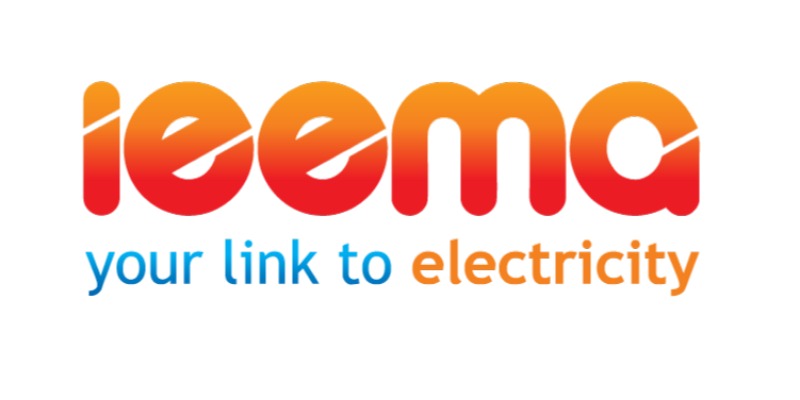
IEEMA’s Digielec Bharat 2021 virtual expo to kick off tomorrow
30 buyers for Railway & Metro Business; 50 buyers from Power Utilities; 15 Utility companies and 5 major EPC companies in transmission & distribution have confirmed to interact with industry.
Read moreRelated Products
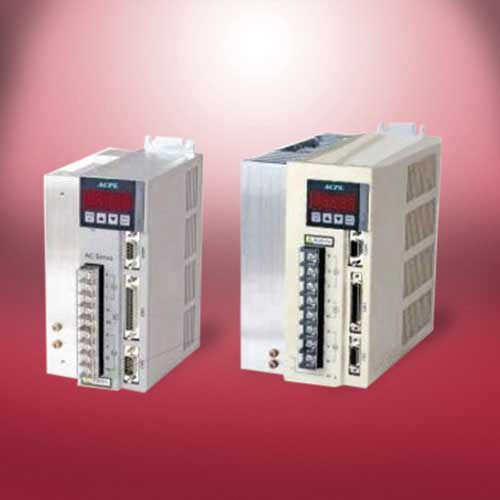
Servo Drives, Fully Digital
Bristol
Industrial Electronics offers optimum quality, fully digital servo drives.

Fluorescent Pigments for Traffic Cone
Aron Universal Limited offers a wide range of fluorescent
pigments for traffic cone.
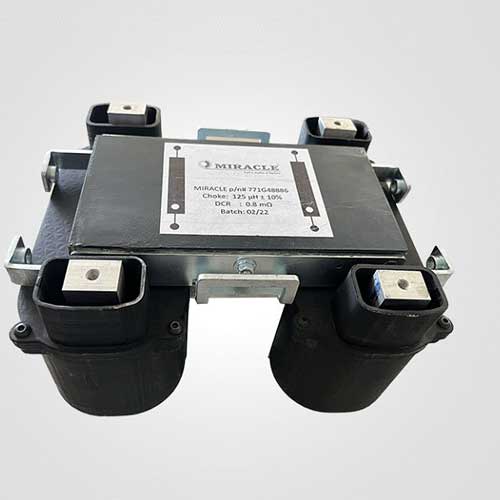
D C Choke
Miracle Electronic Devices Pvt Ltd offers a wide range of D C choke.




